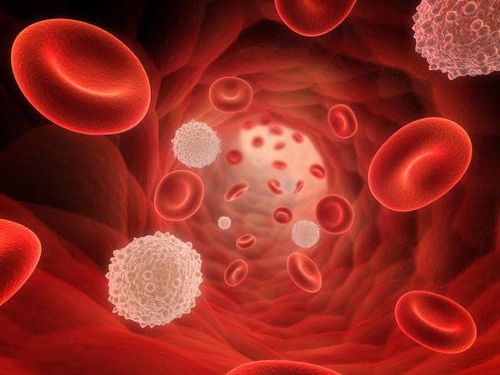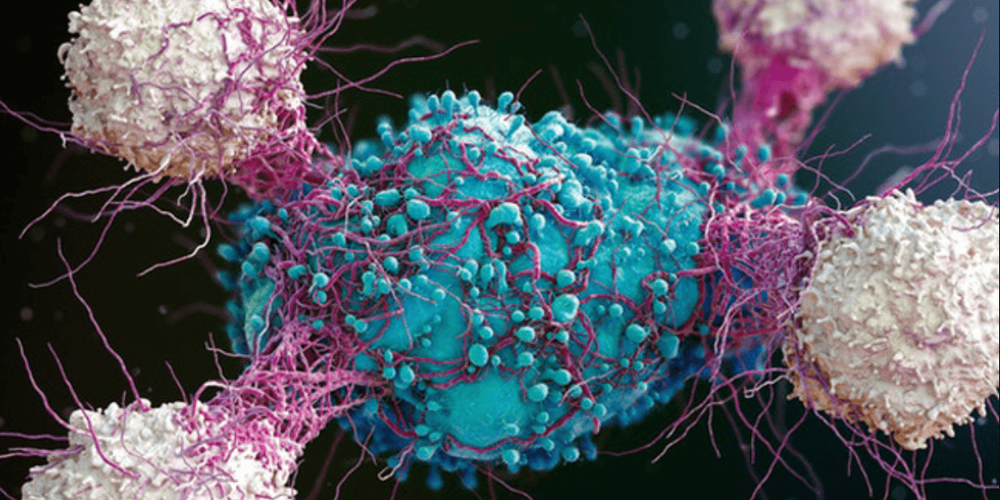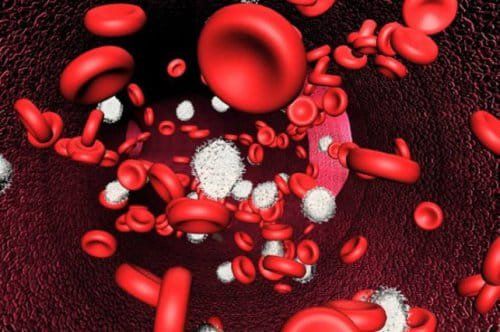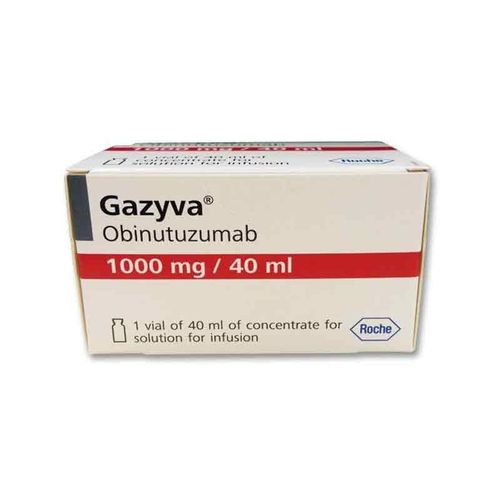This is an automatically translated article.
Chronic lymphocytic leukemia is actually a cancer of the lymphocytes, a condition in which stem cells develop into abnormal lymphocytes. The disease is more common in the elderly, men, and Caucasians.
1. Types of blood cells
Bone marrow is spongy tissue located in the middle part of bones. Bone marrow is known as a "factory" for the production of blood cells. In a normal body, bone marrow produces three types of blood cells:
Red blood cells: responsible for carrying oxygen from the lungs to everywhere in the body. White blood cells: Help fight inflammation, destroy disease-causing germs (bacteria) and damaged cells in the body. In general, white blood cells in the body are divided into 3 types: granulocytes, monocytes, and lymphocytes. Each type has a different role in the body. A lack of white blood cells makes people often infected with infections and if infected, it becomes more severe, sometimes life-threatening. Platelets: Make blood clot or clot to stop bleeding. If a blood vessel is damaged, the platelets will flock to this point and stick to each other, forming a 'stopper of the gap'.
2. Common types of leukemia
The four common forms of leukemia are:
Acute Lymphoblastic Leukaemia (ALL): This is the most common type of leukemia in young children. Acute myelogenous leukemia can also occur in adults. Chronic Lymphocytic Leukaemia (CLL): The most common adult chronic lymphocytic leukemia, patients can feel well for many years without treatment. Acute Myeloid Leukaemia (AML): AML is a common type of leukemia. It occurs in children and adults. AML is the most common type of acute leukemia in adults. Chronic Myeloid Leukaemia (CML): This type of leukemia mainly affects adults. A person with chronic myelogenous leukemia may have few or no symptoms for months or years before entering a stage where leukemia cells grow more rapidly.

Bệnh bạch cầu mạn tính dòng lympho (CLL)
3. Chronic Lymphocytic Leukemia
Lymphocytes are a type of white blood cells involved in the body's immune system. There are 3 different types of lymphocytes:
T lymphocytes: Cells that fight infection by activating other cells in the immune system and destroying infected cells. B lymphocytes: Form antibodies. Natural killer (NK) cells, which fight bacteria and cancer cells. Chronic lymphocytic leukemia is a condition in which stem cells develop into abnormal lymphocytes. These lymphocytes are not able to fight off infections. In addition, when abnormal lymphocyte counts increase in the blood and bone marrow, normal white blood cells, red blood cells, and platelets decrease, causing an increased susceptibility to infection, anemia, and bleeding.
This means that people with chronic lymphocytic leukemia may develop anemia due to low red blood cells and be more susceptible to infections because they do not have an adequate number of white blood cells. They also easily bruise or bleed due to low platelet count.
Usually, chronic lymphocytic leukemia is diagnosed when too many abnormal lymphocytes are found in the blood, also known as lymphocytosis.
Because this is a chronic or slow-growing form of leukemia, many people don't have any symptoms for at least a few years. But over time, the cells grow and spread to other parts of the body, including the lymph nodes, liver, and spleen.
The risk of chronic lymphocytic leukemia increases with age. Almost 80% of all new cases are diagnosed in people over 60 years of age. It is rare in people under the age of 40 and occurs more often in men than in women.
In summary, chronic lymphocytic leukemia is a type of cancer that affects the white blood cells and tends to progress slowly over many years. Most patients have no symptoms when they are first diagnosed. In these cases, people usually don't need treatment for a long time, other than regular check-ups with their doctor to carefully monitor their health. Others may need treatment soon after they are diagnosed.

Tế bào lympho T
Please dial HOTLINE for more information or register for an appointment HERE. Download MyVinmec app to make appointments faster and to manage your bookings easily.













